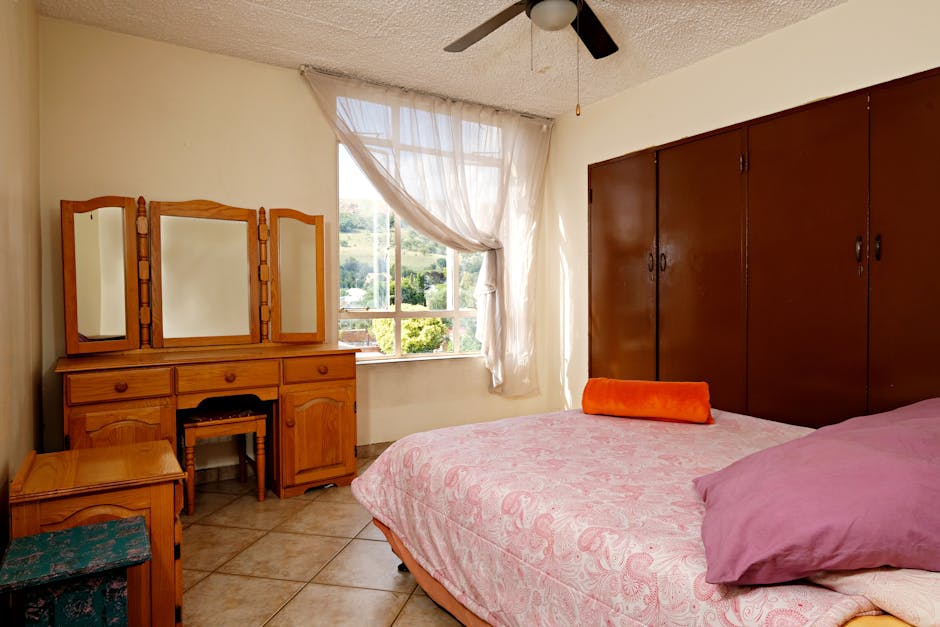Foreclosed Properties for Sale 2024: Great Investment Opportunities
Investing in foreclosed properties has long been regarded as a strategic move for those looking to build wealth in real estate. For 2024, the market for these properties offers unique opportunities that could fit a variety of investment goals. Whether you're a first-time buyer seeking an affordable entry point or a seasoned investor aiming to diversify your portfolio, foreclosed homes can be an excellent option if approached thoughtfully.

Understanding Foreclosures: What Makes Them Appealing?
When a homeowner fails to meet their mortgage obligations, the lender may repossess the property and sell it to recover the outstanding loan balance. These homes are often listed at below-market prices, making them attractive to bargain hunters. The appeal lies in the potential to purchase real estate at significant discounts, sometimes as much as 20-30% lower than market value.
Consider a property valued at $300,000. If it enters foreclosure and is listed at $240,000, that's a $60,000 savings right off the bat. This difference provides room for profit, whether through flipping the home after renovations or holding onto it as a rental property.
Key Factors to Consider Before Buying
While the discounted price tag is enticing, buying a foreclosed property isn't without challenges. To make informed decisions, several factors should be evaluated:
- Condition of the Property: Many foreclosed homes are sold "as-is," meaning the buyer inherits any issues with the property. This could range from minor cosmetic repairs to major structural problems. Conducting a thorough inspection is essential.
- Location Matters: The old adage "location, location, location" holds true here. A foreclosed home in a declining neighborhood may not be worth the savings if property values are unlikely to recover.
- Hidden Costs: Beyond the purchase price, additional expenses like back taxes, unpaid utility bills, or homeowner association dues can add up quickly.
- The Auction Process: Some foreclosures are sold at auctions, which often require cash payments on short notice. Be prepared for stiff competition and limited time for due diligence.
Understanding these aspects can help you avoid costly mistakes while maximizing your investment potential.
The Current Market Landscape
The foreclosure market in 2024 reflects broader trends in real estate and lending practices. While foreclosure rates remain below historic highs seen during the 2008 financial crisis, economic uncertainty and rising interest rates have contributed to an uptick in cases over the past year.
A report by ATTOM Data Solutions, a leading provider of real estate data, revealed that foreclosure filings increased by 28% in the first half of 2023 compared to the previous year. This trend suggests that more opportunities for buyers could emerge in 2024 as lenders continue to offload distressed properties.
Certain regions are experiencing higher concentrations of foreclosures than others. States like Illinois, New Jersey, and Ohio have historically seen elevated levels due to economic factors and legal processes that extend foreclosure timelines. On the flip side, some markets like California and Texas tend to recover faster because of their robust job markets and population growth.
Strategies for Success
If you're considering diving into this niche market, having a well-thought-out strategy can make all the difference. Here are some practical tips:
- Work with Professionals: Partnering with a knowledgeable real estate agent who specializes in foreclosures can help you navigate complex transactions and identify promising opportunities.
- Secure Financing Early: Pre-approval for a mortgage (or access to cash if bidding at an auction) can give you an edge over competitors who might face delays securing funds.
- Do Your Homework: Research comparable sales in the area to ensure you're getting a good deal. Websites like Zillow or Realtor.com offer valuable insights into neighborhood trends and pricing history.
- Think Long-Term: Instead of focusing solely on immediate profits from flipping a house, consider holding onto it as a rental property. With rising demand for affordable housing across many cities, rental income could provide steady cash flow over time.
An investor I spoke with recently mentioned how they purchased a foreclosed duplex in Detroit for $120,000 (nearly half its estimated market value) and turned it into two profitable rental units within six months. Stories like this highlight how careful planning can lead to substantial rewards.
A Final Thought: Balancing Risk and Reward
Diving into foreclosed properties requires balancing optimism with caution. While the potential for high returns is real, so are the risks involved. Mitigating these risks often comes down to preparation, having the right team in place, understanding your financial limits, and staying informed about market conditions.
The foreclosure market isn’t just about finding cheap homes; it’s about identifying value where others see distress. By approaching each opportunity with both curiosity and diligence, you can uncover gems that might otherwise go unnoticed and turn them into investments that pay off for years to come.
If you're ready to explore what 2024 has in store for foreclosed properties but aren't sure where to start, reach out to local real estate professionals or explore online resources tailored to this niche market. You never know, your next great investment might be just around the corner.
